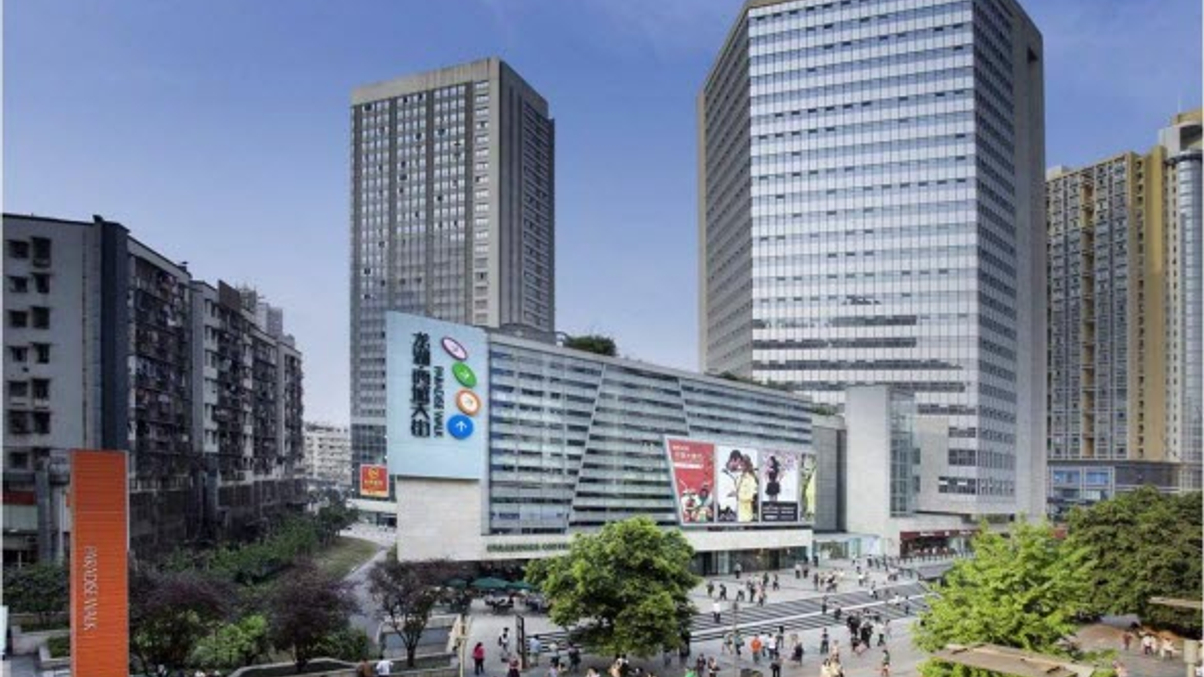Canadian pensions raise stakes in Apac real estate
The country's retirement funds, and especially CPPIB, are showing keen interest in the sector as they intensify their search for returns outside of North America.

Asia Pacific now accounts for about a quarter of outbound allocations by Canadian investors, up from just 10% between 2015 and 2019, according to a June 21 report by Real Capital Analytics (RCA) – and much of that outflow has been captured in regional real estate.
Sign in to read on!
Registered users get 2 free articles in 30 days.
Subscribers have full unlimited access to AsianInvestor
Not signed up? New users get 2 free articles per month, plus a 7-day unlimited free trial.
¬ Haymarket Media Limited. All rights reserved.


